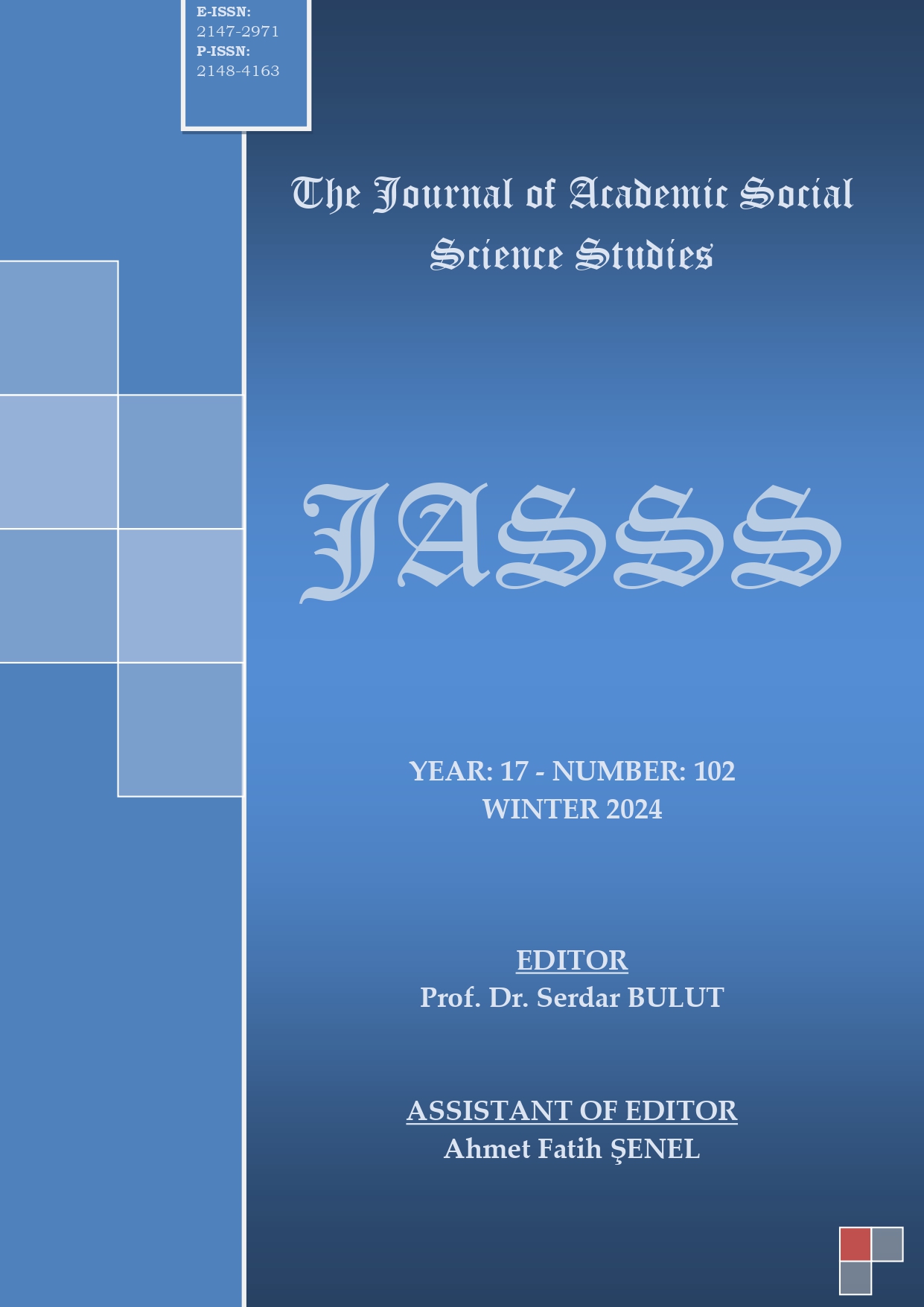Author :
Abstract
Dil felsefesi, dil fenomenini sentaks (sözdizimi), semantik (anlambilim) ve pragmatik (edimbilim) olarak bilinen üç farklı boyutta ele alır. Bunlardan ilki dildeki unsurların kurallı bir yapı oluşturulabilmesi için nasıl bir araya gelmesi gerektiği ile ilgilenirken ikincisi ortaya çıkan yapının anlamına odaklanır. Üçüncü boyut (pragmatik) ise elde edilen yapının dış dünyada nasıl bir değişikliğe sebep olduğunu araştırır. Bu çalışmada dilin pragmatik boyutu çerçevesinde özellikle adların ve sıfatların kullanımı konu edinilmektedir. Bu amaçla özellikle şu sorulara cevap aranmaktadır: Herhangi bir sıfat herhangi bir adla birlikte kullanılabilir mi? Sıfatların adlarla kullanılmasında birtakım sınırlandırmalar mevcut mudur? Eğer böyle sınırlar varsa bu sınırların aşıldığı durumlar nasıl değerlendirilmelidir? Çalışmada sıfatların adlarla birlikte kullanılmasında özellikle kategorilerin dikkate alınmamasından kaynaklanan sorunların ortaya çıkabileceği sonucuna ulaşılmıştır. Ayrıca bu tür sınır dışı kullanımların genellikle bilinçli olarak gerçekleştirildiği kanaatine varılmıştır. Bu tür kullanımların edebi sanatların yanı sıra çeşitli gayelerle insanları manipüle eden metinlerde de karşımıza çıkabildiği değerlendirilmiştir. Söz konusu kullanımlar örneklendirilmiş ve özellikle manipülasyon amacı güden örneklerin analiz edilmesine çalışılmıştır. Sonuç olarak, bu tür kullanımların belirli amaçlara hizmet etmeleri bakımından “doğru” ya da “yanlış” olarak değerlendirilmesinden ziyade “başarılı” ya da “başarısız” olarak değerlendirilmesinin daha doğru bir tercih olacağı ortaya konulmuştur. Ayrıca kendi amaçları doğrultusunda “başarılı” kabul edilebilecek kullanımların pragmatik çerçevesinde yol açabilecekleri tahribata değinilmiştir.
Keywords
Abstract
Philosophy of language examines the phenomenon of language in three different dimensions known as syntax, semantics and pragmatics. The first of these deals with how the elements in the language should come together to form a regular structure, while the second focuses on the meaning of the resulting structure. The third dimension (pragmatics) investigates how the resulting structure causes a change in the external world. In this study, the use of nouns and adjectives is especially addressed within the framework of the pragmatic dimension of language. For this purpose, answers for the following questions are specifically sought: Can any adjective be used with any noun? Are there any restrictions in the use of adjectives with nouns? If there are such limits, how should the situations in which these limits are exceeded be evaluated? In the study, it has been concluded that problems may arise due to the fact that categories are not taken into consideration, especially in the use of adjectives with nouns. In addition, it has been concluded that such out-of-bounds uses are usually carried out consciously. It has been evaluated that such uses can be encountered in texts that manipulate people for various purposes as well as in literary arts. The uses in question have been exemplified and an attempt has been made to analyze examples that are particularly aimed at manipulation. As a result, it has been revealed that it would be more accurate to evaluate such uses as “successful” or “unsuccessful” rather than “right” or “wrong” as they serve certain purposes. In addition, the damage that can be caused by uses that can be considered “successful” in line with their own purposes has been mentioned in the pragmatic framework.





